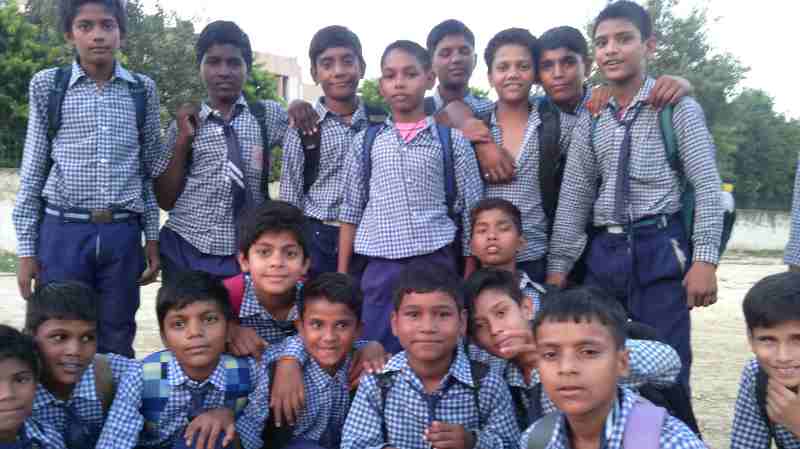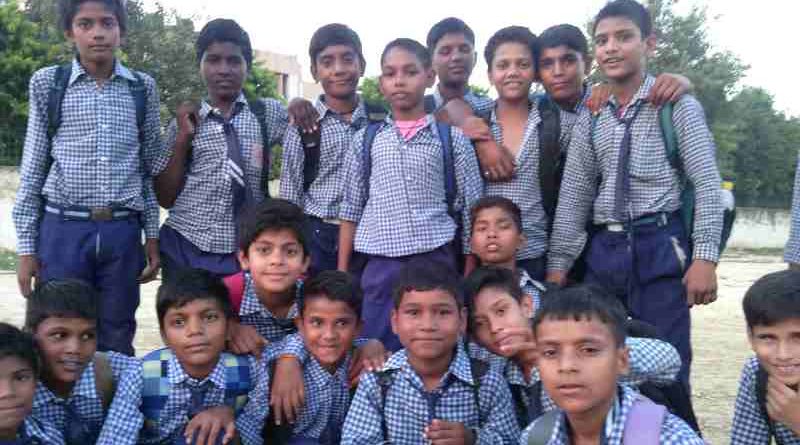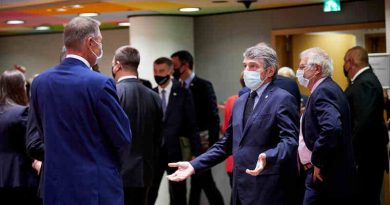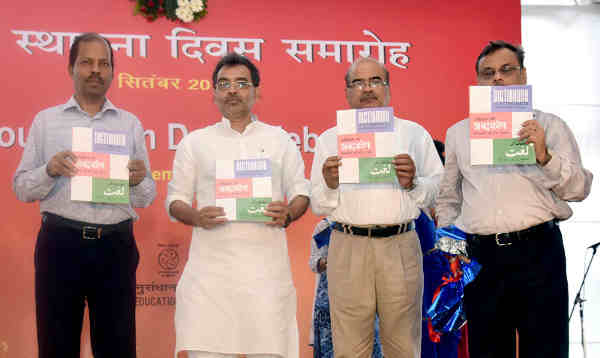School as Vital as Food and Medicine for Children: Report

Braving the consequences of war, natural disaster and other emergencies, nearly 2 million children in 20 countries around the world have been able to continue their schooling over the past four years.
This has happened as a result of a partnership between the European Commission’s department for humanitarian aid and civil protection and UNICEF.
The results of the EU-supported education-in-emergencies programme were released during a public event in Brussels concluding an innovative social media-led awareness-raising campaign which sought to engage young Europeans on the issue.
[ Support RMN Foundation Free Schools for Deserving Children ]
“When conflict or other crises strike, children need school more than food, shelter and medicine,” EU Commissioner for Humanitarian Aid and Crisis Management, Christos Stylianides, told the event at the European Parliament.
“Education can be just as much of a life-saver, providing children with a safe, protective space and helping ensure they learn the skills they need to build a better future for themselves and their communities. The EU is leading the way in its support for education in emergencies.”
[ Education Dilemma: Let Us Save the Lives of Our School Children ]
Of the 462 million school-aged children and young people living in countries affected by emergencies, an estimated 75 million are in desperate need of educational support.
Even so, education continues to be one of the least funded sectors in humanitarian appeals. At present, less than 2% of the global humanitarian budget goes for this purpose.
The seven-month EU-UNICEF #EmergencyLessons campaign reached more than 70 million people on Twitter alone, targeting in particular young Europeans in seven target EU countries.
[ NITI Aayog to Improve Learning Outcomes for School Children ]
Supporters were encouraged to spread the word among their peers through social media platforms, as well as at their own schools and in public events.
The campaign drew on the inspirational real-life stories of children in Iraq, Ukraine, Nepal, and Guinea who continued to study despite war, natural disaster and disease outbreaks.
“Children are prepared to go to extraordinary lengths to continue their education even in the worst of circumstances,” said UNICEF deputy executive director, Justin Forsyth.
Support for the campaign came from celebrities such as British actor Tom Hiddleston, Italian European Space Agency astronaut Samantha Cristoforetti, Slovenian Basketball player Boštjan Nachbar, Hungarian news presenter and media personality Kriszta D. Tóth, and Slovakian dancer Jaro Bekr.
During the Brussels event, child and youth representatives presented their own call for stronger international support for programmes that allow children caught up in emergencies to continue their learning.
💛 Support Independent Journalism
If you find RMN News useful, please consider supporting us.




